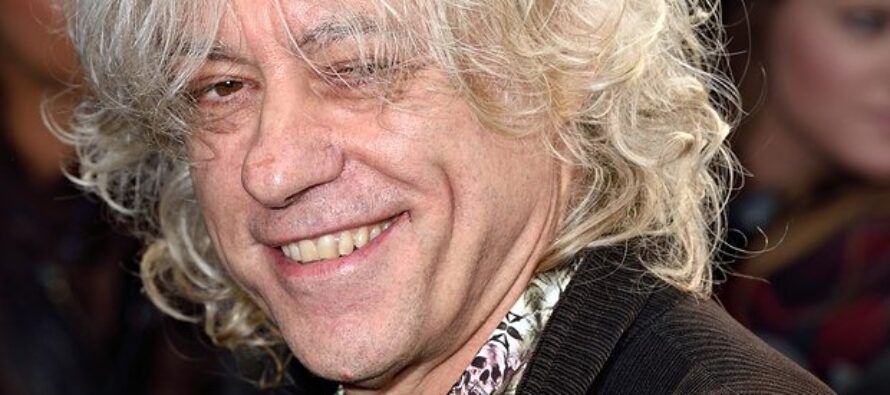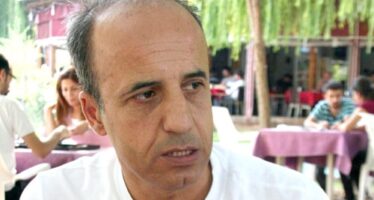Sir Bob and the f***ing martyrs

![]()
Some time back there was a fashionable notion called the Tipping Point.
In the old days we’d have called it the straw that broke the camel’s back. Well, I’ve reached that point with Sir Bob Geldof. I know he’s done huge things in terms of getting the pop world – and the world – to fork out and support the millions who are starving. And ‘I Don’t Like Mondays’ is one of my favourite pop songs. But the Tipping Point with Sir B has been reached since about two minutes ago, when I read an online interview with him in which he outlines his thoughts on the Easter Rising.
You’ve probably read it already but in case you haven’t, here’s what he says about the leaders of the Rising.
“You dignify it by saying it was martyrdom. If it’s grievous mortal sin to commit suicide, why is it a less sin to hurl yourself upon a willing bayonet? Why is that a (sic) martyrdom? So much rests on this myth. How many murders have been sanctioned in its name? F*ck off!”
Bob then goes on to say the real hero of the struggle for independence was W B Yeats (Bob has a BBC 4 programme about Yeats coming up), because Yeats’s words fostered the dream of a free Ireland.
Where do I start? I’m sorely tempted to start with the last two words of Sir B’s quoted passage and suggesting that he himself f*ck off. But I won’t. I’ll try to look at some of what he says.
He clearly is living in a world of 1950s Catholicism: ‘If it’s a grievous mortal sin to commit suicide…” I’ve known several instances of young and not so young people from a Catholic background who’ve taken their own lives, and not once have I ever heard anything but sympathy and sorrow from the priest who officiated at the funeral and anyone who heard of the sad event. That stuff about ‘grievous mortal sin’ and suicide was consigned to the theological dustbin at least forty years ago, Sir B, and thank God it was. So the leaders of the Rising knew that the British would react with their customary ruthlessness – and now you are telling us that the signatories are to blame because they stood in front of the guns which killed them, Sir B? I’ve heard of blaming the victim but this takes that strategy to a new low. As an authority on Yeats, Sir B (well you’re presenting a TV programme on him so you must be an authority), you’ll know that Yeats fretted about his role in the
Rising: “Did that play of mine send out/Certain men the English shot?”
While a fine poet, Yeats had an inflated idea of the influence of his poetry. He clearly hadn’t considered the possibility that the Rising would have happened if he’d never put pen to paper. It’s called having a big ego. You’re probably not a total stranger to that yourself, Sir B.
Maybe when you’re done with Yeats, you’d consider doing a programme on another great Irish writer, George Bernard Shaw. The Grand Old Man had a shrewd take on Irishmen in England which you might benefit from
pondering:
“When a thoroughly worthless Irishman comes to England, and finds the whole place full of romantic duffers…who will let him loaf and drink and sponge and brag as long as he flatters your [the Englishman’s] sense of moral superiority by playing the fool and degrading himself and his country, he soon learns the antics that take you [the English] in”.
If the cap fits, Sir B, if the cap fits.
Related Articles
WikiLeaks vanishes from web as US company removes DNS support
![]()
Everydns.net says attack against leaks site endangered other customers’ service – effectively pushing site off the internetCharles Arthur and Josh
The Boundaries of Prohibitions and the Borderless Language
![]()
The ban on the official use of the Kurdish language as well as on its use in areas of education, knowledge and intelligence has made us feel that ourselves, our existence and our being human are prohibited
Convicting Bradley Manning
![]()
Implications for WikiLeaks and Whistleblowers “[I]t is the duty of all persons in the service of the United States, as



